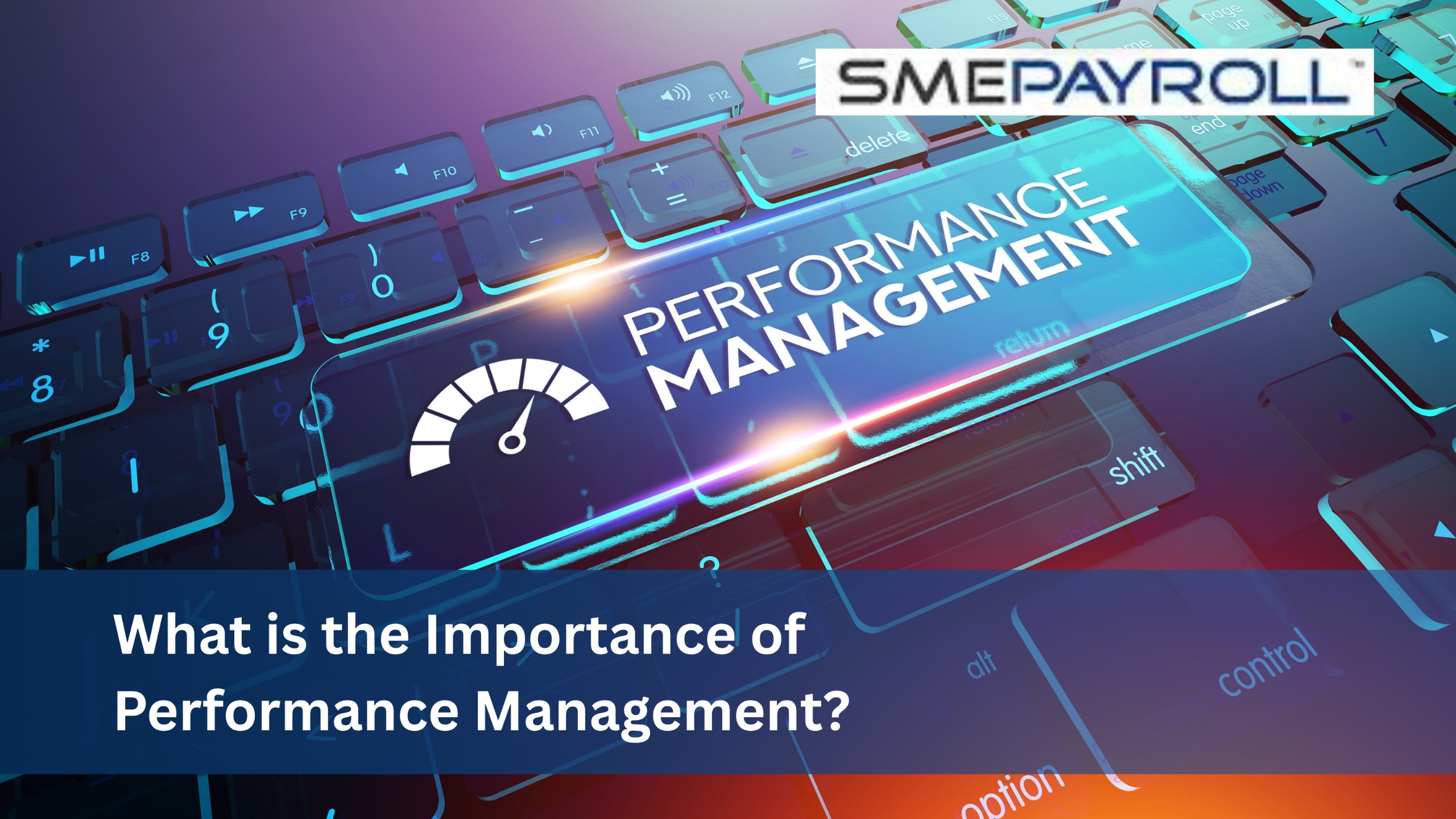Table of Contents
Introduction
If I talk about a few years back, performance reviews were just another thing we were required to do on a yearly basis. We used to talk about old goals and then forget about them until the next review came around. If you ask me, it felt more like a formality than something that actually helped anyone improve or grow.
But that now has changed. Now, performance management is about making sure everyone is aligned and progressing in the right direction, the whole year. When it’s done well, it keeps teams motivated and creates real impact across the company.
That’s exactly what I want to walk you through in this article: why performance management matters, and what it should actually look like today.
What is Performance Management Really?
You can think of performance management as a thoughtful and structured way to help your team do their best work. It also makes sure that it is serving the bigger goals of the company.
It’s not just about giving someone a rating once a year. It is about setting clear expectations, checking in regularly, offering feedback, and creating room for people to grow.
Big companies like Google and IBM have completely changed how they do this. They have shifted to a more ongoing approach. It’s all about aligning personal goals with company goals and giving feedback.
That kind of approach makes a huge difference, because people don’t want to wait months to hear how they are doing or what they can do better.
Also Read: Singapore cpf Contribution: How Much You Pay & How It’s Calculated
Why is it So Important?
It Aligns Everyone’s Work to Bigger Goals
You know what I think really helps people feel connected at work? It is when they see how their day-to-day task turns into something bigger.
When everyone has shared goals, it is like everyone is rowing in the same direction. This kind of flirty makes people feel more engaged and more responsible for what they do.
It Boost Engagement and Motivation
There is no denying the fact that everyone likes to feel seen. I think when people get feedback, they feel more appreciated.
And guess what? Gallup found that highly engaged teams are 21% more profitable. Even something as simple as “you handled that well” can make someone’s day and keep motivation high.
It Increases Productivity and Accountability
When people know exactly what is expected of them, they work better. They are less likely to spend their wheels, and more likely to take ownership. Small issues can be addressed early before they become a problem.
It Helps You Grow and Keep Great Talent
You might have heard the phrase: “People don’t leave jobs, they leave when they stop growing.” And it’s true. If someone feels stuck or ignored, they will start looking elsewhere.
But if you’re checking in regularly and helping them develop, they’re more likely to stay.
It Drives Real Business Results
At the end of the day, performance management isn’t just good for employees, it’s great for the business. Companies that keep track of goals and progress regularly are 30% more likely to beat their competitors. When your team knows what to focus on and how they’re doing, performance follows. Simple as that.
So, How Do You Get it Right?
A good performance management cycle doesn’t have to be complicated. It really just comes down to a few key steps:
- Start with clear, realistic goals. Everyone should know what they are working toward and what success looks like.
- Check in regularly. Touch base often to see how things are going. Don’t wait for the end of the year.
- Give honest, supportive feedback. Talk about what’s working, what’s not, and how to improve, without making it feel like a lecture.
- Celebrate wins and coach through challenges. A simple “good job” or some helpful advice can make a big difference.
- Review progress and look ahead. Take time to reflect, then set new goals or development plans so people keep moving forward.
Also Read: 8 Key Changes to Singapore CPF Contribution Rates
Using the Right Tools Makes it Easier.
Managing all of this manually can feel like a full-time job, especially if you’re running a small or mid-sized business. And that’s exactly where tools like PeopleCentral make a real difference.
PeopleCentral is a cloud-based HR platform built with SMEs in mind, especially in the Asia-Pacific region.
It helps you handle goal setting, performance reviews, 360-degree feedback, and even sends out automated reminders, so nothing is missed.
Here’s what it looks like in real life:
- Snip Avenue, a retail chain, uses PeopleCentral to handle both payroll and performance tracking in just minutes each month.
- Singapore Petroleum Corporation manages HR across 40+ fuel stations using PeopleCentral’s central dashboard.
Conclusion
In the end, I will just say that Performance management is more like a way for companies to grow, help employees do better, and reach their goals. It keeps everyone focused, motivated, and connected to the company’s bigger purpose.
If you’re still doing reviews once a year or using messy systems, now’s a good time to try a better way. Checking in more often and giving helpful feedback can really make a difference.






















Leave feedback about this